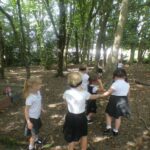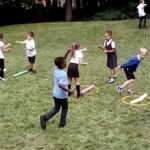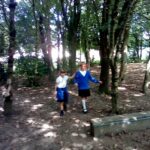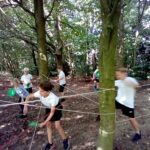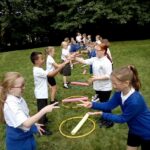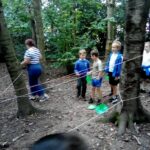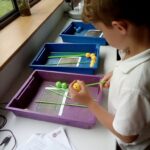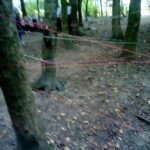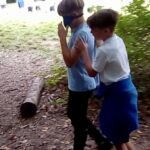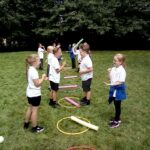In PSHE our learning focus has been relationships. We have been looking at family relationships and relationships between friends. As well as discussing the language and emotions we have given children an opportunity for children to tell us about their families and friendships.
Years 1 and 2:
In this session we are learning about the special people in our lives and how we care for one another. We also spent time with a focus on identifying what a family is and how family members can care, and show love, for each other. Pupils also learned about ways to show care for those family members who live further away.
Retrieval Questions and key vocab:
Who is special to you?
How might someone care for you?
What is a family?
Who is in a family?
Key vocab:
friends’ teachers’ parent’s sibling grandparents’ relatives’ family’s kindness, listening, honesty, friends, inclusion, arguments, help
Years 3
In this session we focused on family relationships, including how families spend time together and support each other. Pupils also considered what is most important when it comes to being in a family. In addition, pupils identified different family structures, explored the differences and similarities between them, and recognised how they are all equal and should be valued and celebrated.
Retrieval Questions and key vocab:
Who is in a family and what is their relationship to each other?
What do families do?
What different types of families are there?
Key vocab:
recognise, respect, stability, love, support, caring, unsafe
Years 4:
With Year 4 the aim was to help children understand the nature of friendships and explore, in a supported capacity, how they can manage their peer relationships in a positive way. Through examining a story featuring fictional characters who encounter various challenges with their friendships, children had the opportunity to discuss healthy and unhealthy friendships, and considered how difficulties can be handled and resolved.
Retrieval Questions:
Why do people have friends?
How should friendships make people feel?
Can you describe what a good friend is like?
Key vocab:
friendships, positive, digital, devices, communicating, contact, online, healthy
Years 5:
In Year 5 pupils discussed what images are appropriate to share online, and those that should not be shared. They recognised what images are appropriate to share respond safely to, requests for images of themselves and identified what to do if they take, share or see an image which may upset, hurt or embarrass someone. We also identified how images should be shared with friends and family.
Retrieval Questions:
Are there any rules that friends could have about the photos they share?
What are the risks of sharing photos?
Key vocab:
healthy, friendships, relationship, influence, communication, support, peer
Years 6:
In Year 6 we focused on learning about positive, healthy relationships. We identified different kinds of loving relationships, described the qualities that enable these relationships to flourish. We discussed the purpose of mutual respect in close relationships and how relationships may end or change.
Retrieval Questions:
How many types of relationships are there?
What does a relationship need to make it positive and healthy?
Key vocab:
relationship, attraction, healthy, commitment, love, marriage


